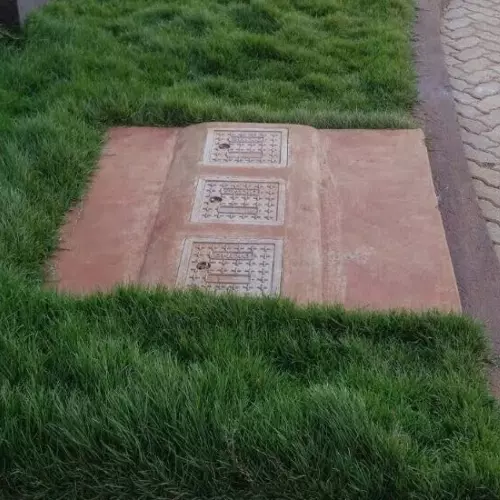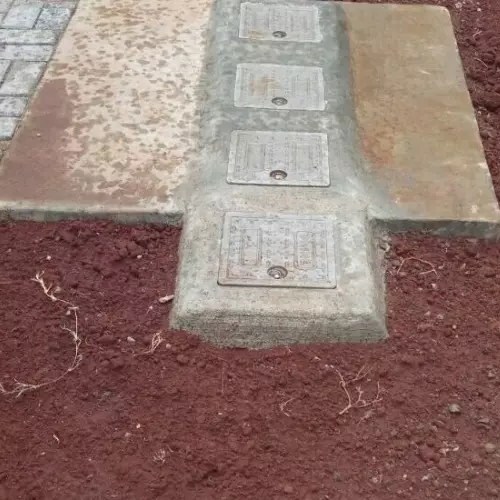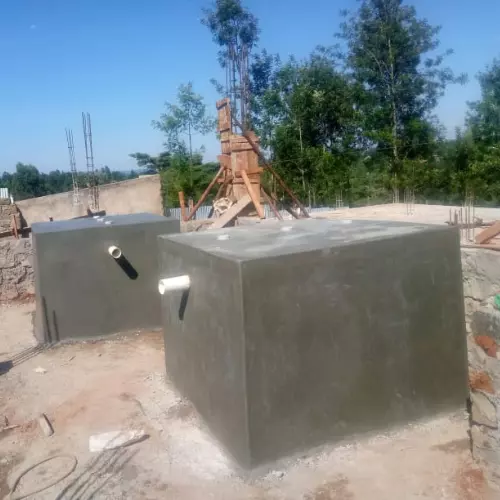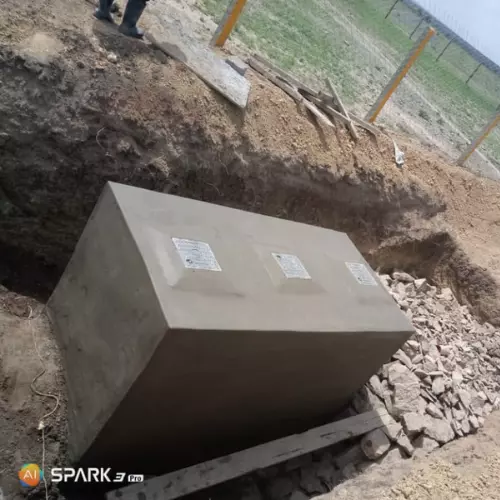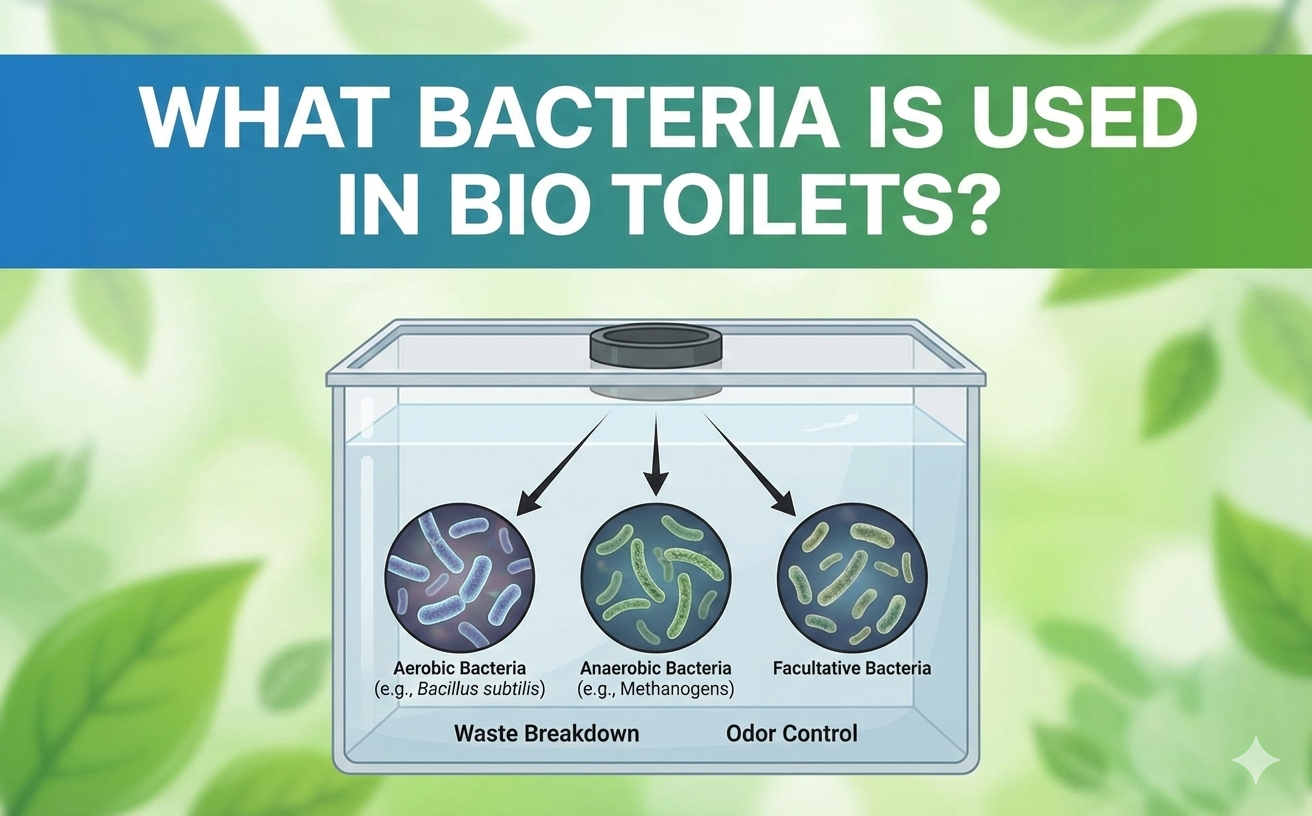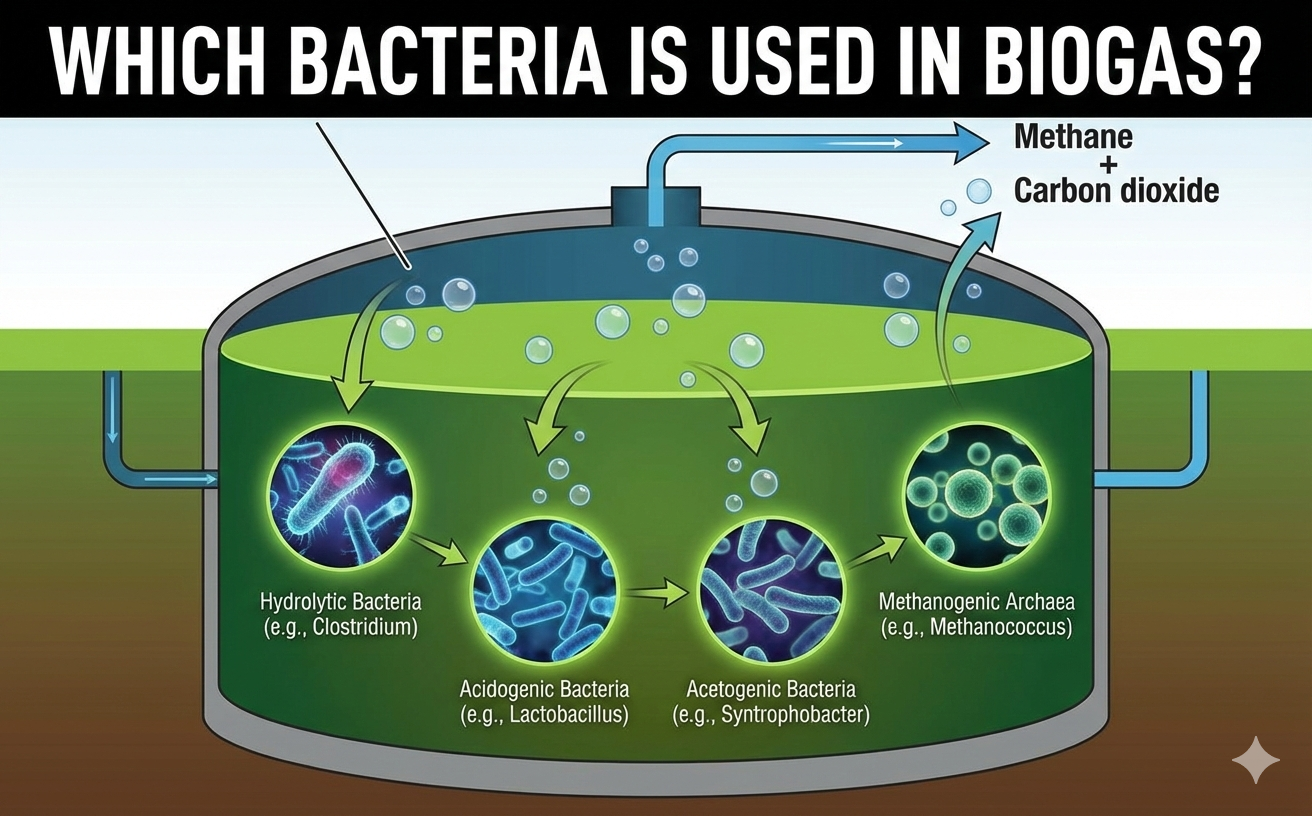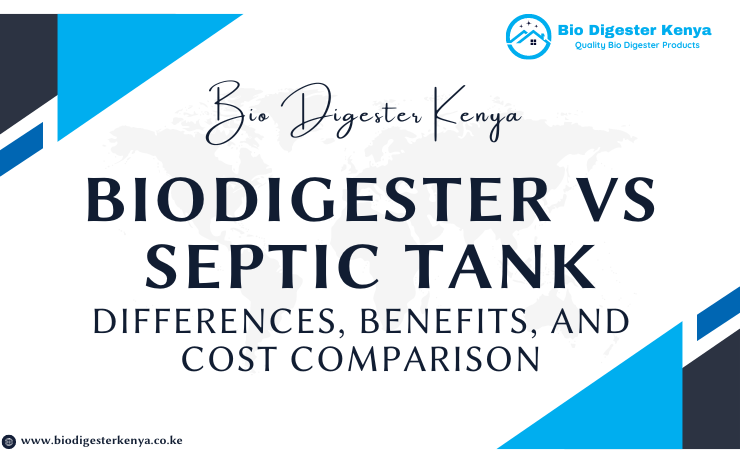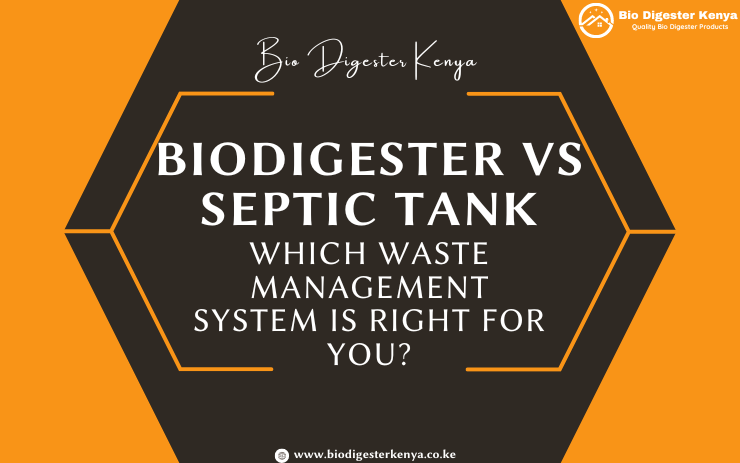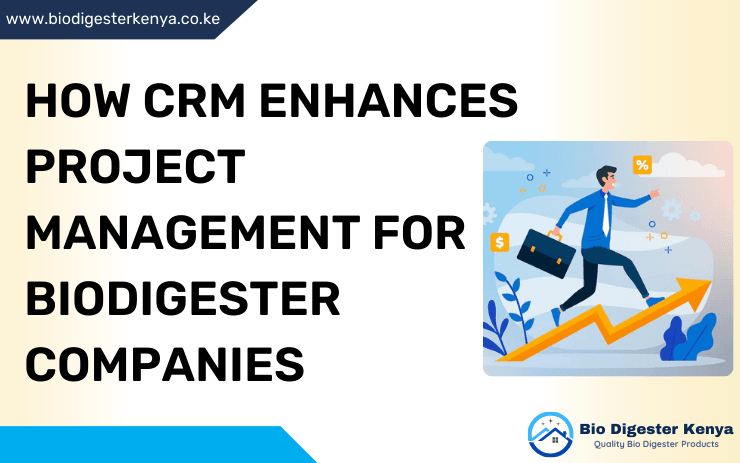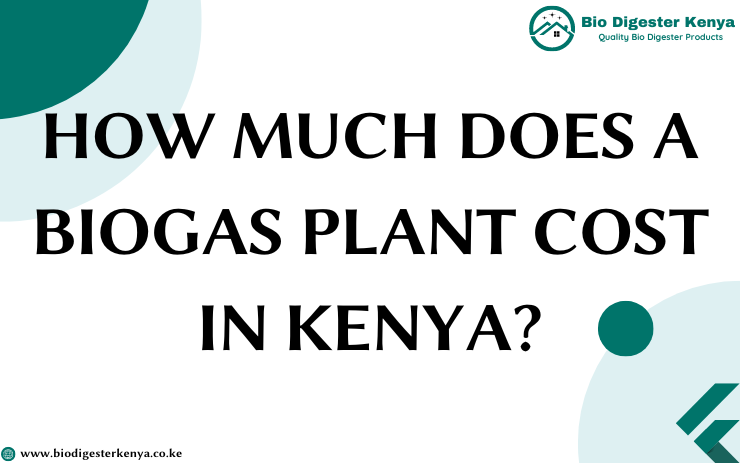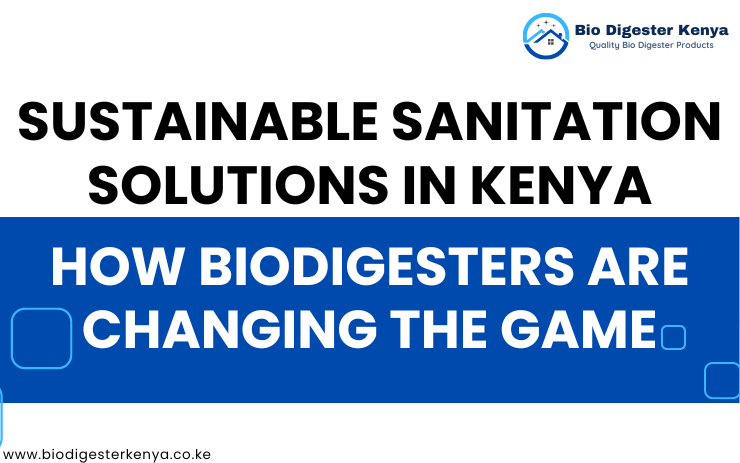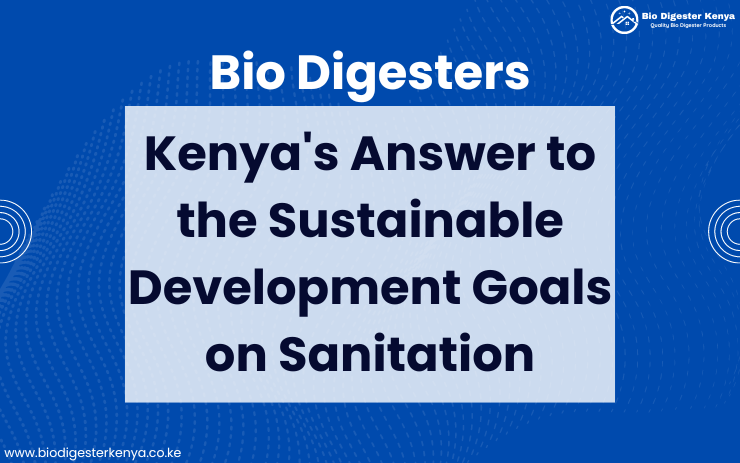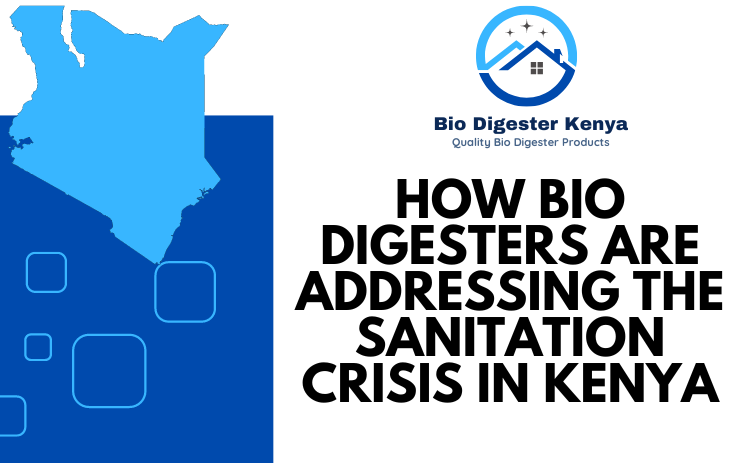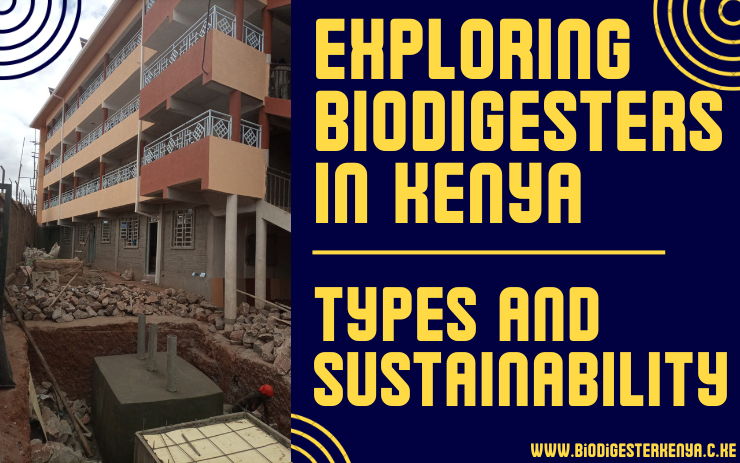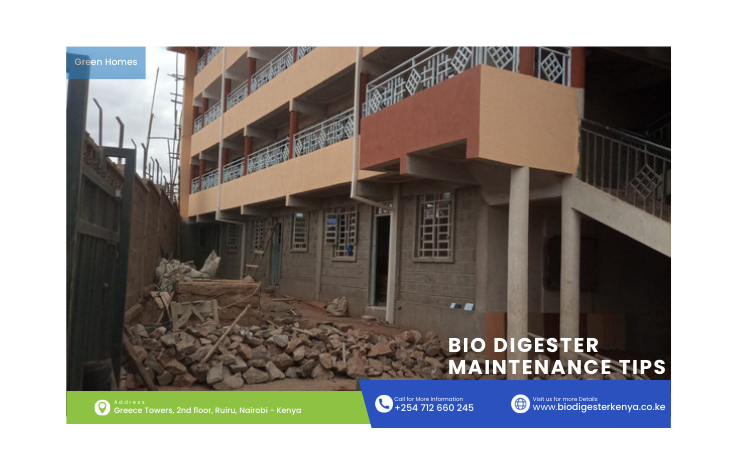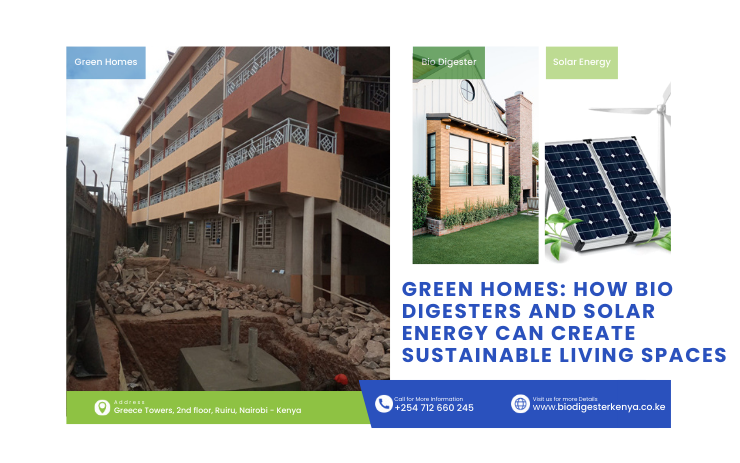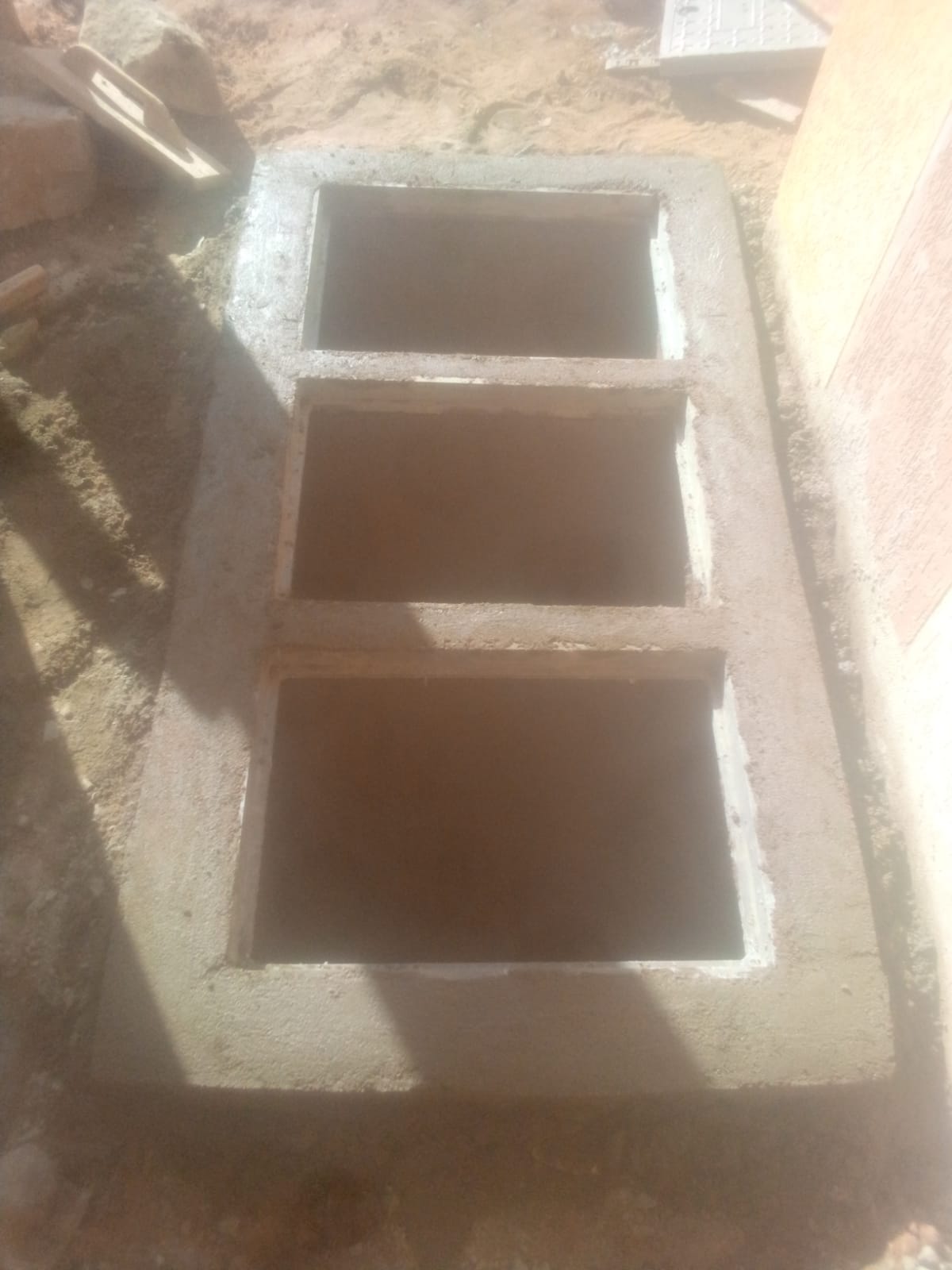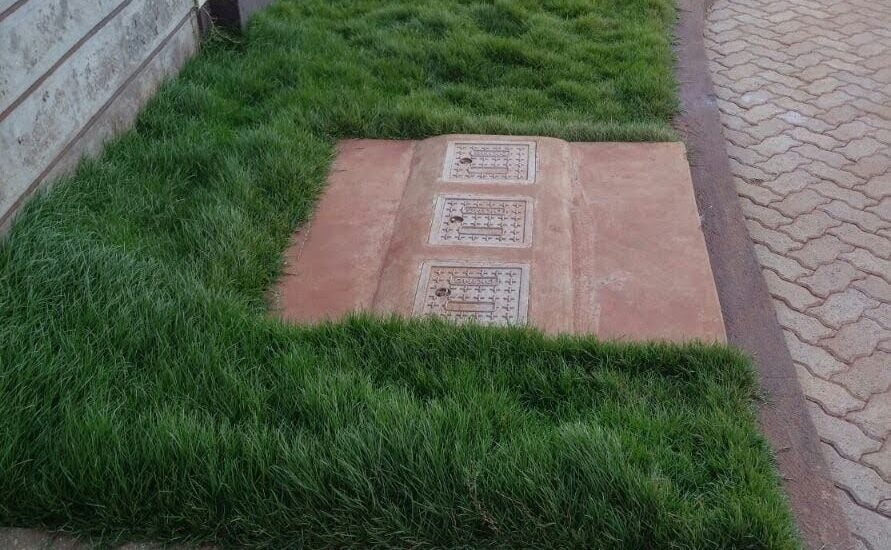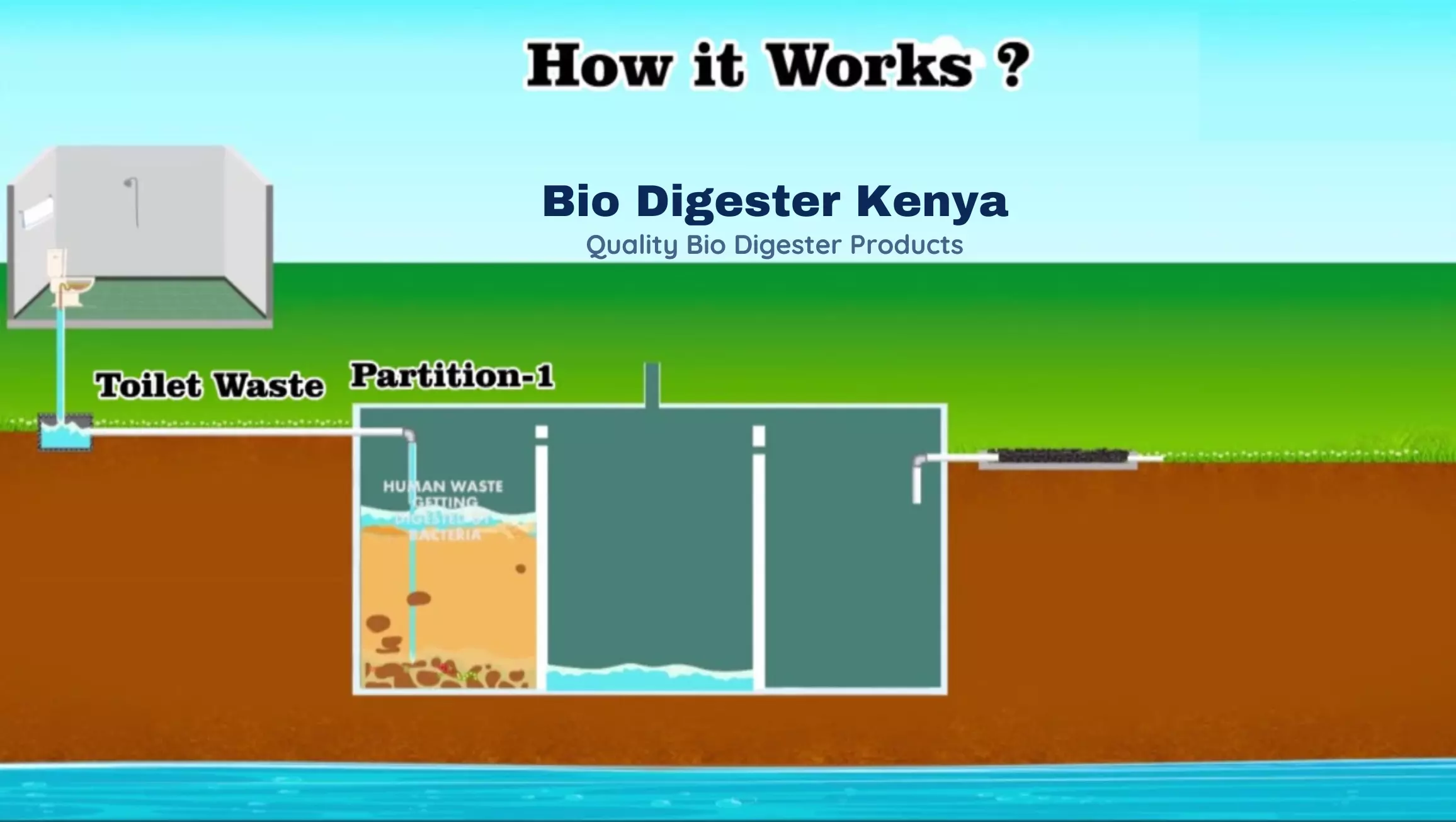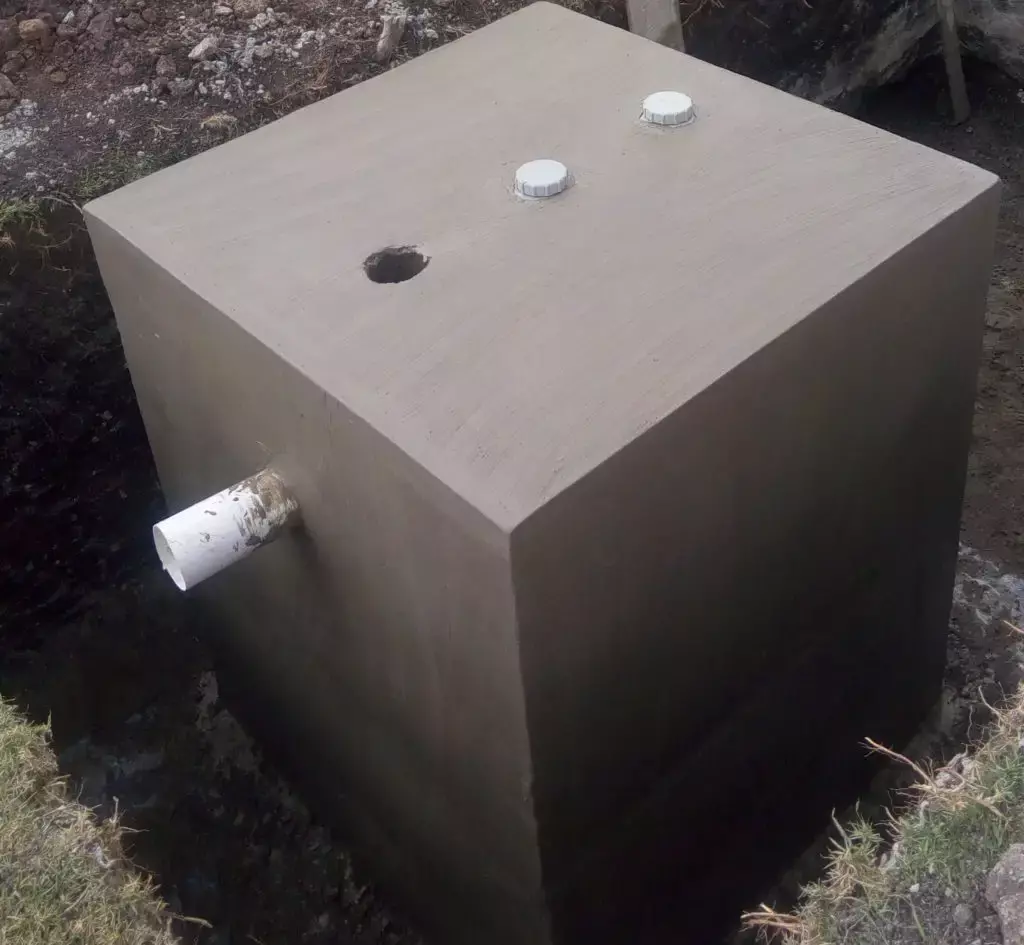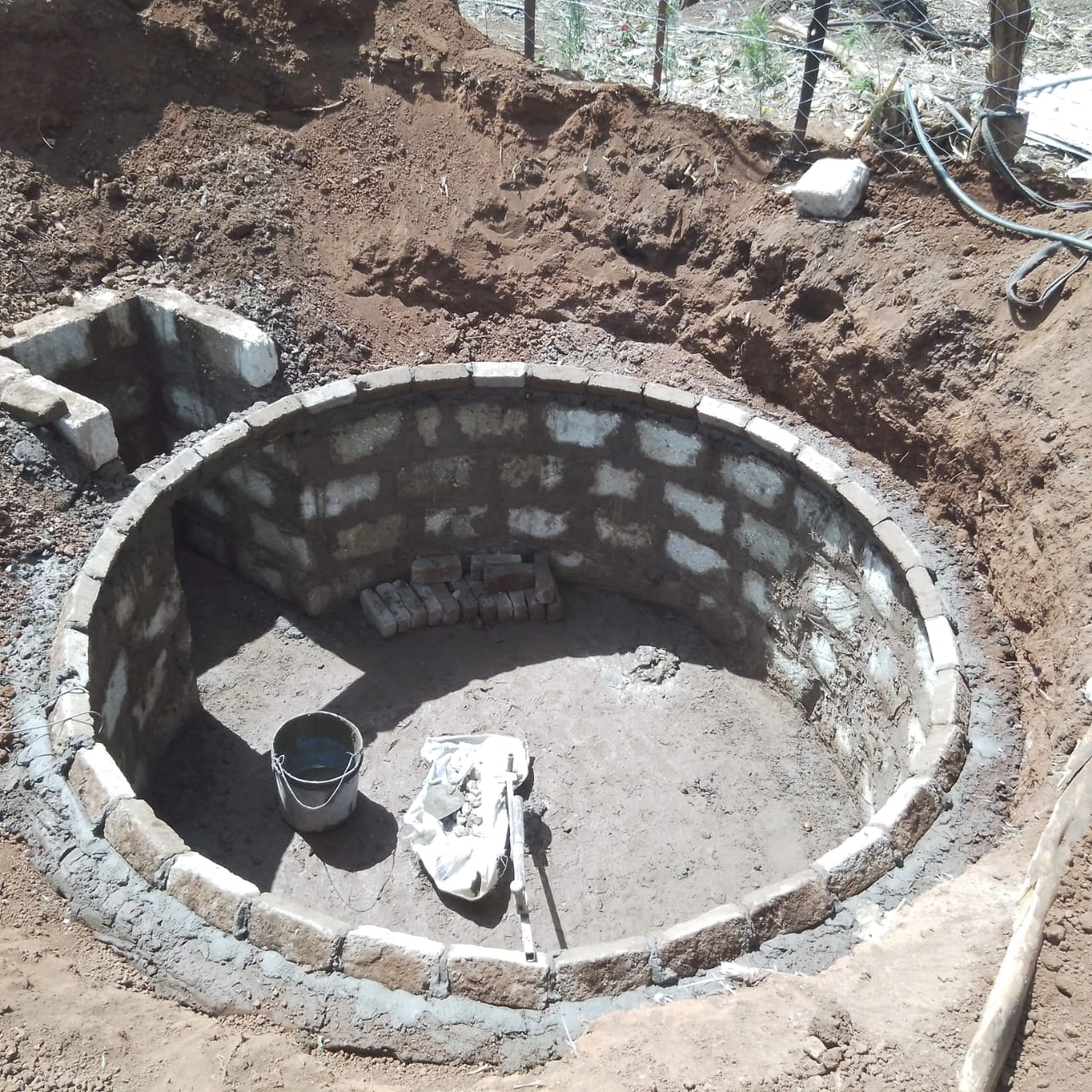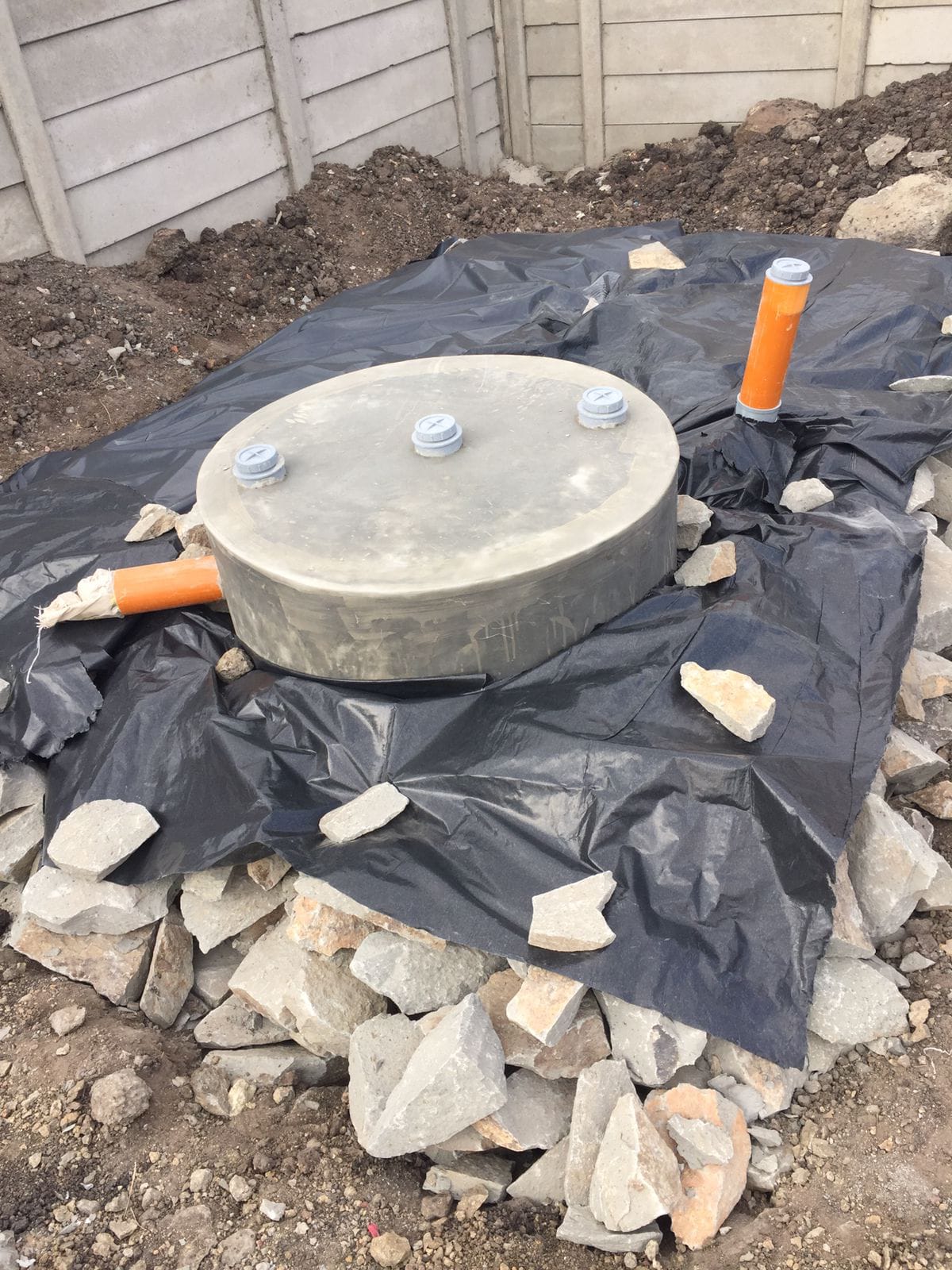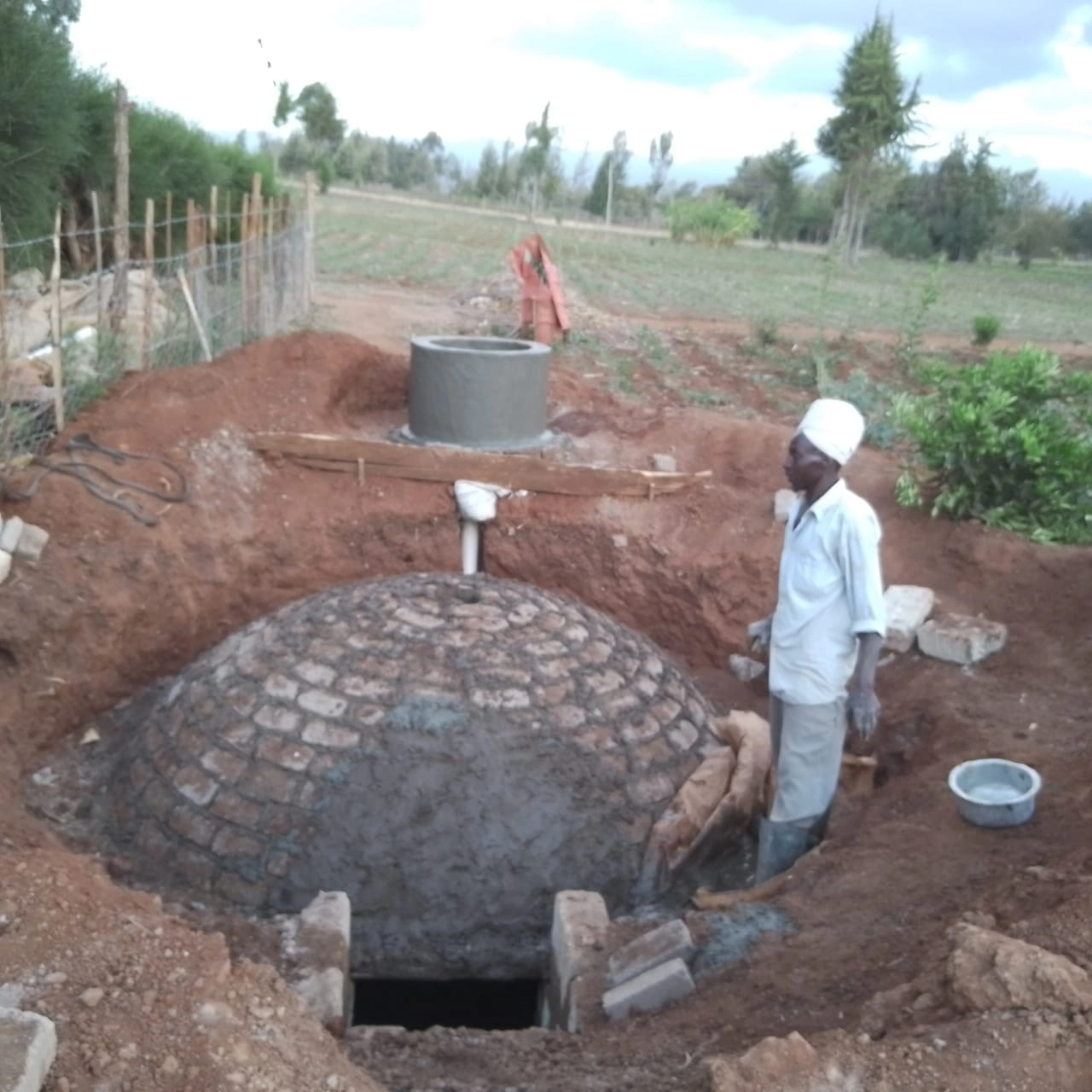Discover the cost and benefits of installing a biodigester in Kenya.
Learn how biodigesters compare to traditional septic tanks and why they are the superior choice for waste management.
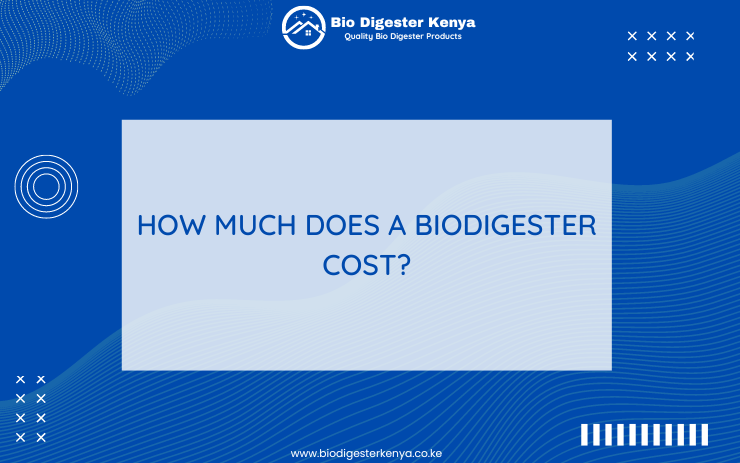
Table of Contents
Introduction
Choosing the right waste management system is essential for maintaining hygiene and protecting the environment.
Biodigesters have become increasingly popular in Kenya due to their efficiency and eco-friendliness.
At Bio Digester Kenya, we specialize in designing and installing biodigesters, offering a modern solution for both residential and commercial spaces.
What is a Biodigester?
Definition and Concept
A biodigester is an advanced system that uses biological processes to break down human waste into water and biogas.
This process is environmentally friendly and efficient.
How it Works
Waste is piped into the biodigester, where anaerobic bacteria and enzymes decompose the waste.
The end result is water and biogas, with the water being safely absorbed by the ground.
Components of a Biodigester
Inlet Pipe
The inlet pipe directs waste into the digestion chamber.
Digestion Chamber
This is where the magic happens. Enzymes and bacteria break down the waste into biogas and water.
Outlet Pipe
Treated water exits the system through the outlet pipe and is absorbed into a soakaway area.
Gas Vent
The gas vent allows biogas to be collected or safely released.
Benefits of Using a Biodigester
Environmental Benefits
Biodigesters reduce methane emissions and prevent groundwater contamination, making them a greener alternative to traditional septic tanks.
Economic Benefits
Though the initial investment might be higher, biodigesters save money in the long run through lower maintenance costs and potential biogas usage.
Efficiency and Convenience
Biodigesters are low-maintenance and handle waste efficiently, reducing the risk of clogs and backups.
Factors Influencing the Cost of a Biodigester
Size and Capacity
Larger biodigesters with higher capacity naturally cost more.
Installation Complexity
Complex installations, especially in areas with difficult terrain, can increase costs.
Materials Used
The quality of materials used in construction affects the overall cost.
Location
Installation costs can vary depending on the geographical location and local regulations.
Average Cost of Biodigesters in Kenya
Residential Biodigesters
The cost of residential biodigesters in Kenya ranges from KSh 100,000 to KSh 300,000, depending on size and capacity.
Commercial Biodigesters
For commercial setups, costs range from KSh 300,000 to KSh 1,000,000, influenced by the scale and complexity of the system.
Comparison: Biodigester vs. Septic Tank
Cost Comparison
While biodigesters have a higher upfront cost, they offer significant savings in maintenance and operation over time.
Environmental Impact
Biodigesters are more environmentally friendly, reducing pollution and greenhouse gas emissions compared to septic tanks.
Maintenance Requirements
Septic tanks require regular pumping and maintenance, whereas biodigesters are designed to be low-maintenance.
Why Choose a Biodigester Over a Septic Tank?
Long-term Savings
Biodigesters provide long-term savings through reduced maintenance and operational costs.
Lower Maintenance
With minimal maintenance needs, biodigesters are convenient and hassle-free.
Eco-friendliness
Biodigesters are better for the environment, making them a sustainable choice for waste management.
Cost Breakdown of Installing a Biodigester
Initial Costs
The initial cost includes design, materials, and installation. For residential systems, this can range from KSh 100,000 to KSh 300,000.
Maintenance Costs
Maintenance costs are minimal, primarily involving enzyme refills and occasional checks.
Potential Savings
Savings come from reduced maintenance needs and the potential use of biogas for energy.
Real-life Examples and Case Studies
Residential Installations
A family in Nairobi installed a biodigester for KSh 120,000. They noticed immediate improvements in waste management efficiency and reduced water usage.
Commercial Installations
A hotel in Mombasa spent KSh 350,000 on a biodigester, significantly lowering their operational costs and improving their environmental footprint.
How to Maintain a Biodigester
Routine Checks
Regular checks ensure the system operates efficiently.
Enzyme Refills
Enzyme refills are required every few months to maintain optimal performance.
Troubleshooting Common Issues
Bio Digester Kenya offers support for any issues that may arise, ensuring your system runs smoothly.
Bio Digester Kenya: Your Trusted Partner
Our Services
We design, install, and maintain biodigesters tailored to your needs. Our expertise ensures you get the best system for your home or business.
Customer Testimonials
Our satisfied customers across Kenya attest to the quality and efficiency of our biodigester systems.
How to Get Started with Bio Digester Kenya
Consultation Process
Contact us for a consultation where we assess your needs and provide a tailored solution.
Installation and Support
We handle everything from design to installation and offer ongoing support to ensure your biodigester operates efficiently.
Frequently Asked Questions (FAQs)
1. How long does a biodigester last?
A well-maintained biodigester can last for decades, often outlasting traditional septic systems.
2. Are biodigesters safe for the environment?
Yes, biodigesters are designed to be environmentally friendly, reducing methane emissions and preventing groundwater contamination.
3. How often should enzymes be refilled?
Enzyme refills are typically needed every few months to maintain optimal performance.
4. Can biodigesters handle all types of waste?
Biodigesters are primarily designed for human waste but can handle organic kitchen waste in some cases.
5. What happens to the water produced by a biodigester?
The treated water is safely absorbed into the ground through a soakaway area, posing no risk to the environment.
